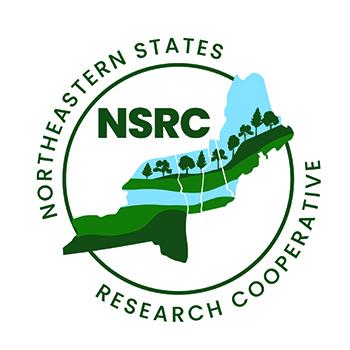Sustainable co-production of bioplastics and hydrochar from forest residue biomass.

In the face of pressing environmental challenges, our project addresses the urgent need for sustainable alternatives to fossil-based materials and energy sources. Forest residue biomass (FRB), an underutilized resource, has the potential to revolutionize industries by replacing food-based feedstocks with a low-cost, eco-friendly alternative. We focus on utilizing abundant FRB to produce valuable bioproducts while reducing greenhouse gas emissions. We propose a biorefinery system designed for the completion conversion of FRB, harnessing its sugars for biodegradable bioplastics (Polyhydroxybutyrate, PHB) production and its lignin component for hydrochar (analogous to biochar). Our innovative approach integrates thermochemical and biochemical technologies, optimizing resource utilization and reducing processing costs. Unlike traditional methods that rely on expensive solvents, we employ hydrothermalmechanical pretreatment, saving energy and minimizing environmental impact. Our work also encompasses comprehensive techno-economic and life cycle assessments, ensuring both economic viability and environmental sustainability. This project seeks to bridge the gap between science and practical application. We are committed to sharing our findings on technology, economics, and environmental benefits with stakeholders, policymakers, and the wider community to promote the adoption of sustainable bioproducts and innovative technologies. This information is critical for investors seeking sustainable alternatives and policymakers working toward GHG reduction targets and rural economic development. Our project aligns with the Northeastern States Research Cooperative's (NSRC) focus on forest products and innovative technologies, promising workforce stability and new market opportunities. By unlocking the potential of FRB, we aspire to rejuvenate local economies, create jobs, and contribute to climate change mitigation in the Northern Forest region.
